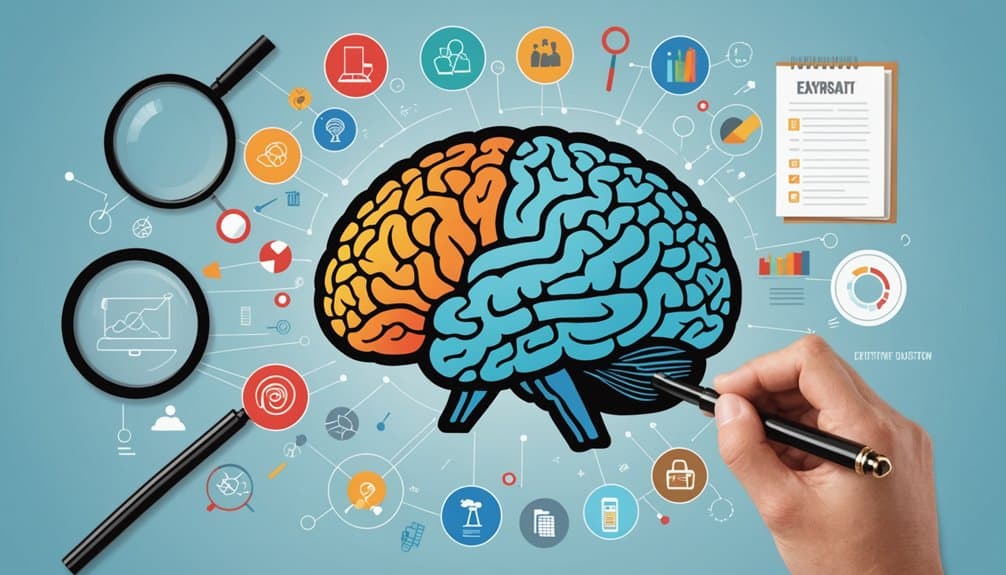Obsessive-compulsive disorder (OCD) is a mental health condition characterized by persistent, unwanted thoughts (obsessions) and repetitive behaviors or mental acts (compulsions) performed to reduce distress or prevent feared events. While many people associate OCD with certain stereotypes, the reality is much more nuanced. Mental illnesses like obsessive-compulsive disorder affect the way individuals think, feel, or behave, often interfering with daily life. These impacts are not a reflection of personal weakness or character flaws, and misunderstandings about these conditions can create significant stigma. Here are three common myths about obsessive-compulsive disorder and how they misunderstand the condition:
Myth 1. OCD Is About Cleanliness
A pervasive misconception about OCD is that it revolves around a preoccupation with cleanliness or tidiness. Popular media often reinforces this stereotype, portraying individuals with obsessive-compulsive disorder as people who obsessively clean or organize. While some individuals with this condition may have contamination-related obsessions that lead to cleaning rituals, OCD can manifest in numerous other ways. Obsessions can center on intrusive fears of harm or moral wrongdoing, and compulsions may involve behaviors like repeating actions, checking, or mentally reviewing events.
Impacts of Misinformation
By focusing only on cleanliness, people risk oversimplifying this disorder and neglecting the diverse and often distressing experiences of those living with it. Misconceptions about the disorder itself may prevent individuals from recognizing or seeking help for their symptoms. Increased education about obsessive-compulsive disorder diagnosis, symptoms, and evidence-based treatments is fundamental for addressing such misunderstandings.
Impacts of Living With Mental Illness
Living with OCD can be challenging. The condition often disrupts daily routines, relationships, and work. Left untreated, symptoms may consume significant time and energy. Someone with checking compulsions may spend hours each day inspecting that the stove is off or that the doors are locked. With proper treatment and support, many people with this condition can lead fulfilling lives while managing their symptoms successfully.
Myth 2. OCD Isn’t Treatable
Another damaging myth is that obsessive-compulsive disorder is a lifelong challenge without effective treatment solutions. Though OCD is a chronic condition for many, it is also highly manageable and responsive to treatment when identified. Treatment for OCD commonly involves cognitive-behavioral therapy (CBT), particularly exposure and response prevention (ERP), which helps individuals confront triggers and reduce compulsive responses over time. For some, medication like selective serotonin reuptake inhibitors (SSRIs) may be prescribed to complement therapy. Personalized care plans, created in collaboration with mental health professionals, are key to managing this condition effectively.
Myth 3. People With OCD Are Exaggerating
Some assume that individuals with OCD are simply exaggerating ordinary worries or acting out of preference rather than necessity. Comments like “I’m so OCD about this” undermine the seriousness of the disorder and reduce it to a personality quirk. This myth invalidates the intense anxiety and the compulsive need to perform rituals that characterize the condition.
Diagnosing OCD involves a thorough clinical assessment by a mental health professional. This includes evaluating the frequency, severity, and impact of obsessive thoughts and compulsive behaviors. The exact cause of OCD is not fully understood, but research suggests a combination of genetic, neurological, and environmental factors contributes to its development.
Learn About OCD Treatments
Breaking down myths about OCD is a key step toward reducing stigma and improving understanding. Obsessive-compulsive disorder is a complex yet treatable mental health condition that extends far beyond stereotypes of excessive cleaning or perfectionism. To learn more, reach out to a mental health professional for guidance.

